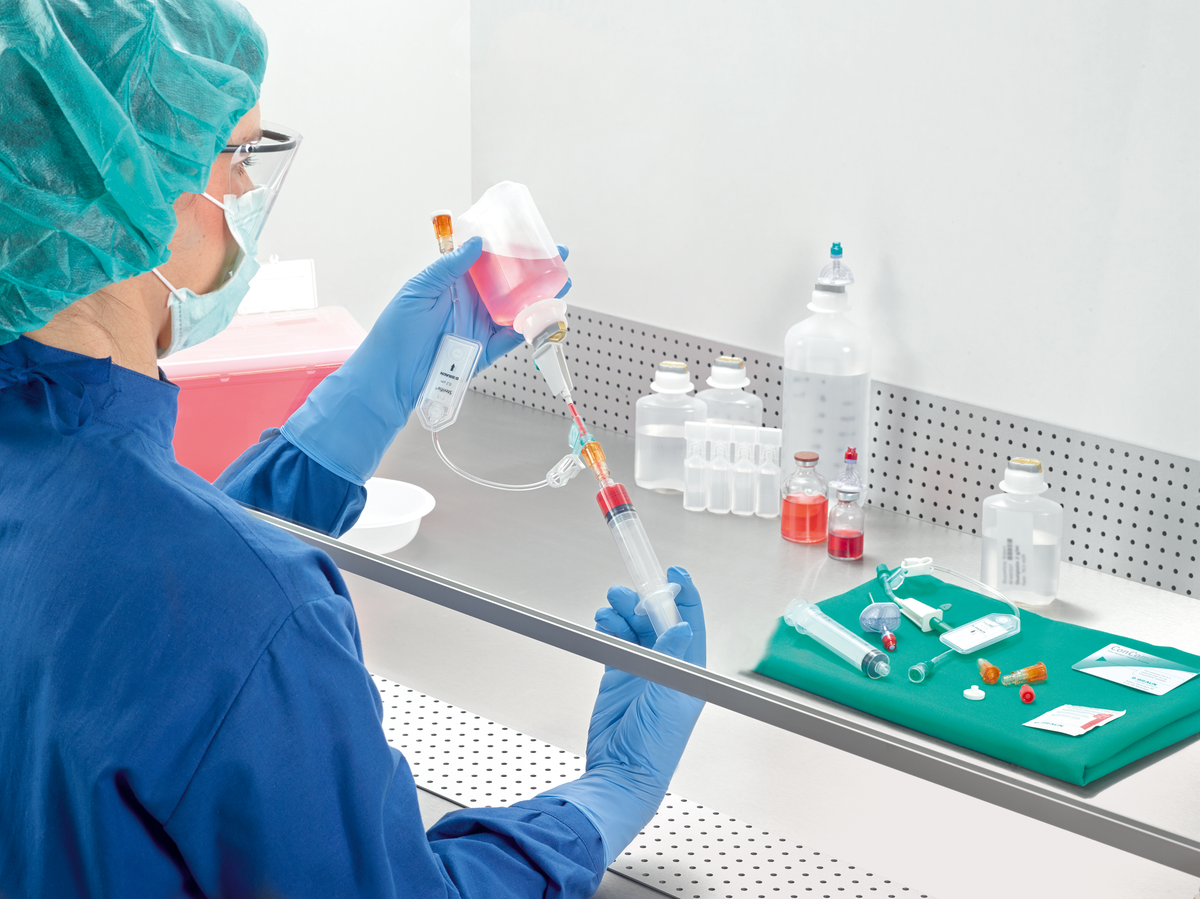Hypoglycaemia
When your blood glucose drops too low, you will experience hypoglycaemia ("hypo" for short). This indicates that your blood glucose level has fallen below 50 g/dL (2.8 mmol/L).
Hypos can be mild or severe. Occasional mild hypos can occur during a treatment with insulin or sulfonyluria, even with a good diabetes management. Are you familiar with the potential symptoms and causes of hypoglycaemia? This will help you to quickly take countermeasures, or may even help to take preventive actions.
Signs of mild hypo:
- Trembling (particularly discernible with the hands)
- Sweating, cold sweat on forehead
- Pallor
- Restlessness
- Palpitations
- Tingling sensation on lips and/or in mouth
- Aggression
- Nervousness, possibly anxiety
- Ravenous appetite
Signs of severe hypo:
- Impaired speech and vision
- Difficulty concentrating
- Confusion
- Aggression
- Equilibrium difficulties and dizziness
- Impaired consciousness up to unconsciousness
- Cramping
Not all of these hypo symptoms will occur at the same time.
Treating a hypo
When experiencing symptoms of hypoglycaemia, you must act immediately:
- Take 4 glucose tablets immediately, or
- Drink a glass (0.2 litres) of a sugary lemonade, soft drink, or fruit juice immediately. (Caution: Do not drink diet lemonade or light drinks, since these do not increase blood glucose!)
You should always carry a diabetic emergency ID card on your person in the event of a severe hypo. You should also explain to family, friends and colleagues what to do in an emergency.
What can you do as a relative or friend?
- Call an ambulance
- Bring the patient into the recovery position
- Clear the breathing passages (remove dentures, for instance)
- Inject glucagon. Glucagon increases blood glucose.
- Never forcefully infuse anything into an unconscious person - including sugary fluids!
As a diabetic, you need to report the hypo to your doctor. He may have to change your therapy.
Find the reason
After experiencing a hypo, you should find out what caused it: If you know the reason you can prevent it from happening again.
Causes for a hypo
- Injecting too much insulin
- Overdose of diabetic tablets, which reduce the blood glucose
- Having eaten none or not enough carbohydrates (did you forget to eat?)
- Overly long injection-meal interval
- Excessive exercise without prior planning
- Reduced insulin requirements after weight loss
- Excessive alcohol consumption
- Vomiting or diarrhoea
How can I prevent a hypo?
A few basic rules will help to prevent the occurrence of hypoglycaemia.
- Eat enough carbohydrates after the insulin injection
- Do not select an overly long injection-meal interval
- Adjust the insulin dosage as needed. For example, a reduction can make sense with low blood glucose before a meal
- Insulin dosage reduction when increasing physical activity
- Always have glucose with you in order to react to a beginning hypoglycaemia (or other fast-acting carbohydrates)
- Injecting insulin correctly
- When drinking alcohol, compensate the blood glucose lowering effect (more carbohydrates or less insulin)


